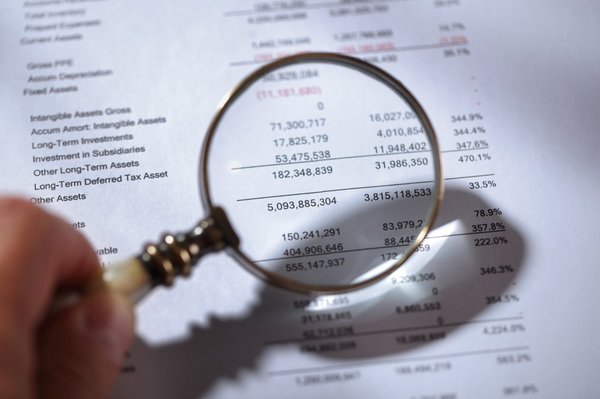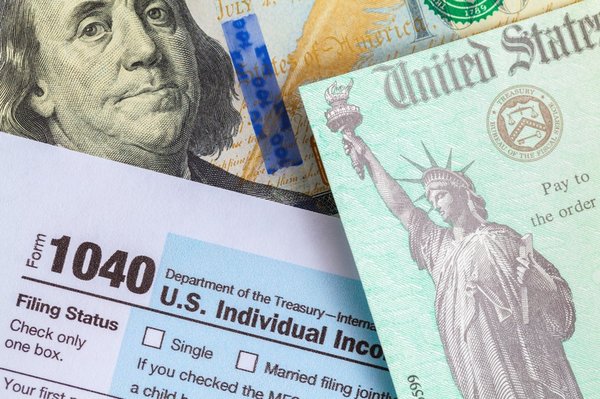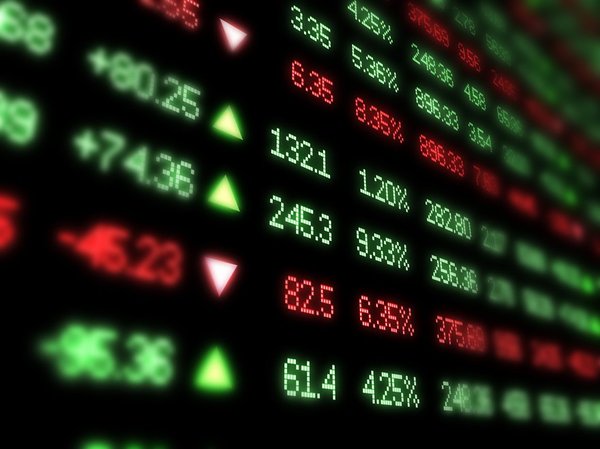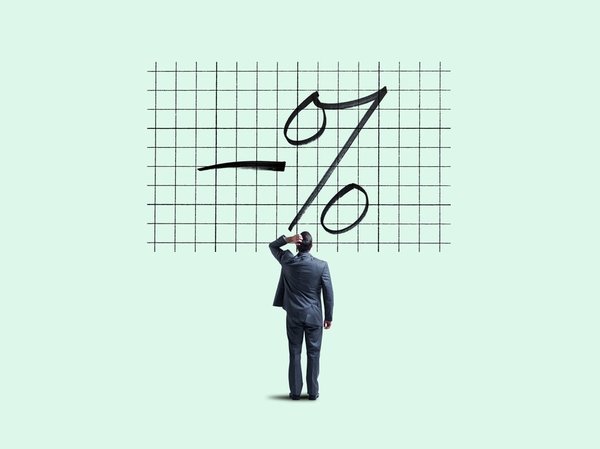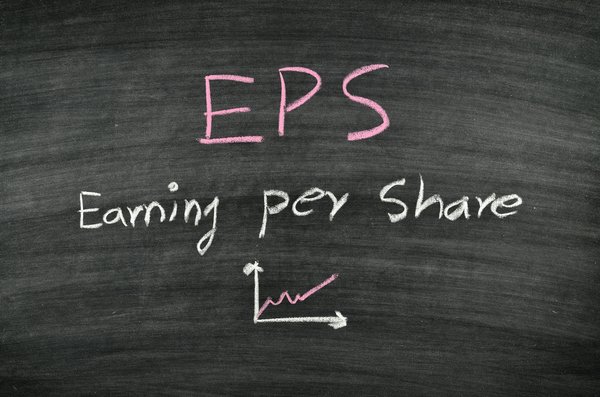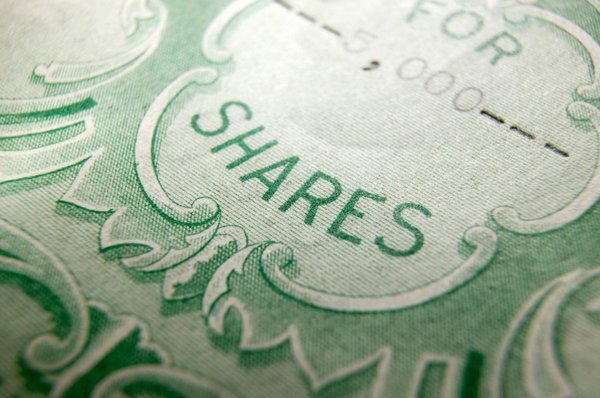There are plenty of ways to make money in the stock market. While The Motley Fool recommends buy-and-hold investing, some people have profited by buying and selling a single stock in very short order. You can buy and sell a stock on the same day, which is known as day trading, but there are certain restrictions which you need to be aware of.
Not only does the Financial Industry Regulation Authority (FINRA) place specific restrictions on day traders, but your broker may restrict trading activity in your account even further. Here's what you need to know if you're interested in buying and selling a stock in the same day.

Requirements to buy and sell a stock in the same day
FINRA classifies as "pattern day traders" anyone who makes four or more day trades -- buying and selling the same stock in the same day -- within a five-trading-day period, provided that those trades account for more than 6% of the trader's total transactions by value for that time period. To engage in day trading that frequently, you're required to hold at least $25,000 in cash and securities in your investment account and must be authorized to buy stocks on margin from your broker. If you do not meet these requirements, then you can complete three day trades per rolling five-trading-day period.
If you're going to trade in and out of a stock frequently, then you need to be aware of the effects of settlement periods. When you sell a stock, you don't actually receive cash in your account instantly. It takes three business days -- the settlement period -- for the funds to arrive in your account. You can trade on margin to immediately access those funds, but you pay interest on the borrowed funds during the settlement period. Your broker also may not provide enough margin to fund your preferred trading activity since half of any stock purchase on margin must be funded with cash.
In addition to these universal restrictions, your brokerage may impose restrictions on your account to limit your ability to buy and sell a stock in the same day. If your account is too new, or your brokerage believes that you don't have enough investing experience, it may restrict your trading capabilities. It can also impose trading limits if you don't keep enough cash in your account.
Day traders should also consider the tax consequences of frequently buying and selling stocks. Trading in and out of a stock in short succession -- within a year -- generally causes you to incur short-term capital gains, which are taxed the same as ordinary income. (Investments held for more than a year are taxed at the lower long-term capital gains rate.)
Is it risky to buy and sell a stock in the same day?
You should be aware that buying and selling a stock in the same day is very risky. It's practically impossible to predict which way a stock's price will move over just a few minutes. That makes day trading more like gambling than investing. Furthermore, day trading is dominated by dedicated professionals with years of experience in the field. Most new day traders lose money. That's why The Motley Fool favors long-term thinking and buy-and-hold investing.
How often can you buy and sell the same stock?
You can buy and sell the same stock as often as you like, provided that you operate within the restrictions imposed by FINRA on pattern day trading and that your broker allows it.
There are no restrictions on placing multiple buy orders to buy the same stock more than once in a day, and you can place multiple sell orders to sell the same stock in a single day. The FINRA restrictions only apply to buying and selling the same stock within the designated five-trading-day period.
Additionally, there is no limit to the maximum number of times you can buy or sell a stock. You have to operate within the parameters set by FINRA if you're day trading, but you can continuously move in and out of a stock forever if you choose.
Again, that's not likely to work out in your favor over time. It's better to find solid companies with good fundamentals in which to invest your money for a long duration.






